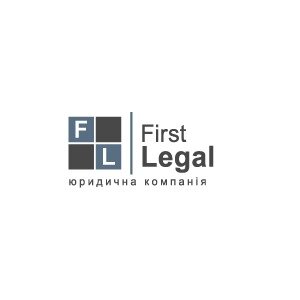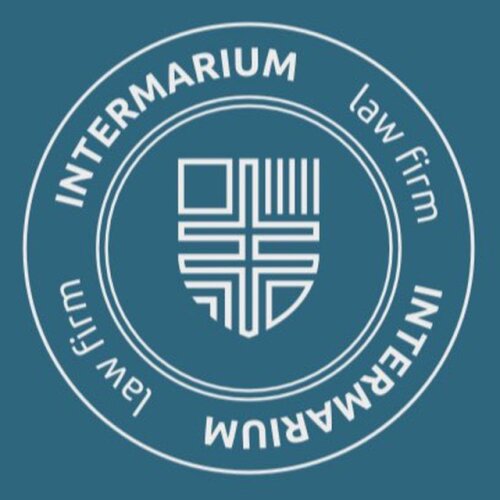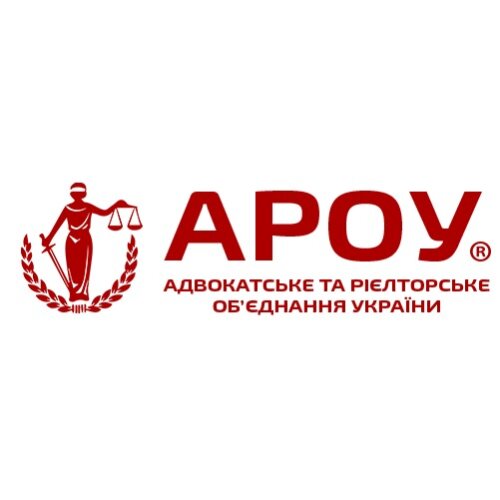Best Landlord & Tenant Lawyers in Ukraine
Share your needs with us, get contacted by law firms.
Free. Takes 2 min.
Free Guide to Hiring a Real Estate Lawyer
Or refine your search by selecting a city:
List of the best lawyers in Ukraine
About Landlord & Tenant Law in Ukraine
In Ukraine, the relationship between landlords and tenants is primarily governed by the Civil Code of Ukraine and the Law on Residential Lease. These laws set forth the rights and obligations of both parties, emphasizing tenant protection and fair rental practices. Key provisions include the necessity of a written lease agreement for tenancies longer than a year, restrictions on eviction, and guidelines for rent increases. The legal framework aims to create a balanced relationship where both parties' interests are safeguarded.
Why You May Need a Lawyer
There are several situations where legal assistance might be necessary for landlords and tenants in Ukraine. Disputes over rent, maintenance responsibilities, or property conditions frequently arise. When facing unlawful eviction threats, tenants may benefit from professional legal aid to invoke their rights and prevent unfair treatment. Similarly, landlords may require legal advice when dealing with non-paying tenants or seeking to terminate a lease. A lawyer experienced in Ukrainian landlord and tenant laws can help navigate these complex issues, ensuring compliance and protection of interests.
Local Laws Overview
Key aspects of landlord and tenant laws in Ukraine include:
- Lease Agreements: Must be in writing for tenancies longer than one year and registered with relevant authorities.
- Rent and Deposits: Landlords cannot unilaterally increase rent during the term of the lease unless specified in the agreement. Security deposits are common and should be detailed in the lease.
- Tenant Rights: Tenants have a right to habitable living conditions, and the landlord must carry out necessary repairs.
- Eviction: Formal eviction procedures involve obtaining a court order, except in specific legal circumstances.
- Subletting: Generally allowed unless prohibited in the lease agreement.
Frequently Asked Questions
1. Do I need a written lease agreement?
Yes, for leases longer than one year. It's advisable for shorter terms as well to clarify rights and obligations.
2. How can tenants protect themselves against unfair eviction?
Tenants should keep records of lease agreements and communications with landlords. Legal assistance can help contest unlawful eviction attempts.
3. Can rent be increased during the lease term?
Not unless the lease explicitly allows for it under defined conditions.
4. What are my responsibilities as a landlord?
Landlords must maintain the property, ensure habitable conditions, and respect the tenancy rights outlined in the lease agreement.
5. How are disputes between landlords and tenants resolved?
If direct resolution fails, disputes are typically handled in civil courts or through mediation.
6. Are there any deposit regulations?
Deposits are generally permitted, with the terms specified in the lease. Laws may limit the amount and stipulate conditions for return.
7. What can a tenant do if a landlord refuses to make repairs?
Tenants can notify local housing authorities or seek legal advice if landlords neglect repair obligations under the lease.
8. Can a tenant sublet their rented property?
Yes, unless the lease agreement specifically prohibits subletting.
9. Is tenant insurance mandatory?
Tenant insurance isn't legally required but is recommended for coverage of personal belongings and liability.
10. What should be included in a lease agreement?
Key elements include the names of parties, property description, lease term, rent amount, payment terms, deposit details, and repair/maintenance duties.
Additional Resources
For further assistance, consider reaching out to:
- Ukrainian Chamber of Commerce: Offers legal guidance and resources.
- Ukrainian Housing Authority: Oversees compliance with housing standards and tenant rights.
- Legal Aid Organizations: Provide free or low-cost assistance especially for low-income individuals.
Next Steps
If you're facing a landlord or tenant issue in Ukraine, consider the following steps:
- Consult Professionals: Reach out to a lawyer specializing in landlord and tenant law for personalized advice.
- Review Contracts: Carefully go through your lease agreement to understand your rights and obligations.
- Document Everything: Keep a record of all communications, agreements, and disputes.
- Seek Mediation or Arbitration: If appropriate, these are less confrontational and often more cost-effective than going to court.
By understanding the legal landscape and knowing when to seek professional assistance, you can effectively manage landlord and tenant relationships in Ukraine.
Lawzana helps you find the best lawyers and law firms in Ukraine through a curated and pre-screened list of qualified legal professionals. Our platform offers rankings and detailed profiles of attorneys and law firms, allowing you to compare based on practice areas, including Landlord & Tenant, experience, and client feedback.
Each profile includes a description of the firm's areas of practice, client reviews, team members and partners, year of establishment, spoken languages, office locations, contact information, social media presence, and any published articles or resources. Most firms on our platform speak English and are experienced in both local and international legal matters.
Get a quote from top-rated law firms in Ukraine — quickly, securely, and without unnecessary hassle.
Disclaimer:
The information provided on this page is for general informational purposes only and does not constitute legal advice. While we strive to ensure the accuracy and relevance of the content, legal information may change over time, and interpretations of the law can vary. You should always consult with a qualified legal professional for advice specific to your situation.
We disclaim all liability for actions taken or not taken based on the content of this page. If you believe any information is incorrect or outdated, please contact us, and we will review and update it where appropriate.
Browse landlord & tenant law firms by city in Ukraine
Refine your search by selecting a city.

















